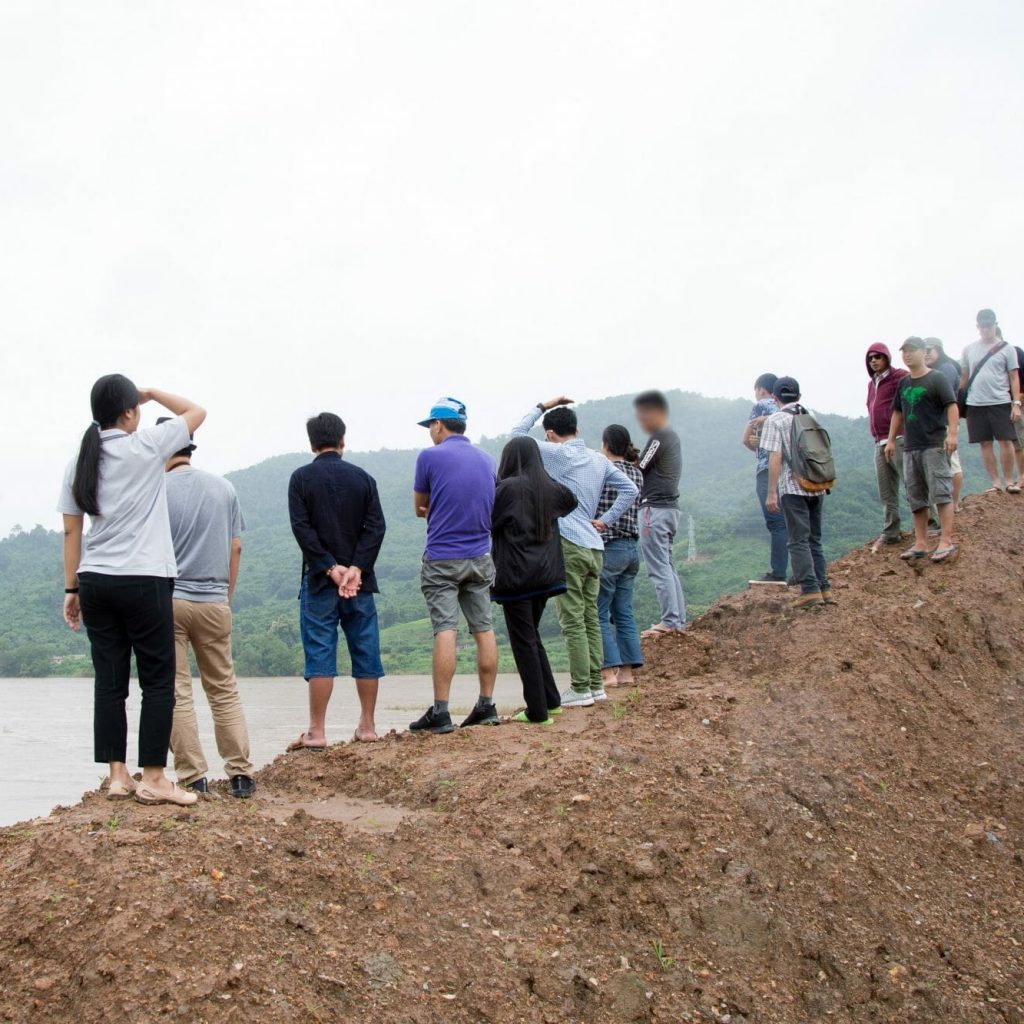August 3 to 21 August 2026 – Chiang Mai, Thailand
The Mekong region is experiencing rapid economic development and growth, which has brought about changes that pose major challenges for the communities living in the region.
How can we support them to voice their concerns? To resolve this question, the Mekong Legal Advocacy Institute (MLAI) is currently seeking junior lawyers, legal advocates, young community leaders, and NGO workers from the six Mekong countries, Cambodia, China, Lao PDR, Myanmar, Thailand, and Vietnam, to participate in a unique training program. The program will run from August 3 to 21, 2026, in Chiang Mai, Thailand, and participation costs will be covered by EarthRights International.
About EarthRights International
EarthRights International is a nongovernmental, nonprofit organization that combines the power of law and the power of people in defense of human rights and the environment. We specialize in strategic litigation against perpetrators of abuses and harms to communities and the environment. We also train grassroots community leaders, and develop advocacy campaigns. Through these strategies, EarthRights seeks to end environmental harms, to provide real solutions for communities, and to promote and protect human rights and the environment for our partner communities.
In the Mekong region, EarthRights has been working with communities, civil society organizations and lawyers to combat environmental and human rights abuses associated with rapid economic development and investment for 30 years. Our three-pronged approach uses training, campaigning and legal actions to achieve lasting impacts in the region and beyond.
What is MLAI?
The MLAI is our annual training program for young Mekong legal professionals that work with communities affected by environmental and human rights harms and abuses. It is a short, in-person training program that brings together legal professionals from across the region who share our desire to use the law and legal advocacy as tools for achieving justice.
In 2026, the three-week long MLAI program will focus on community-centered lawyering, including the challenges lawyers face in contexts of limited civic space, weak rule of law and of ensuring that lawsuits and advocacy are community-led. The training will also focus on the use of administrative law, particularly environmental impact assessments, and role of procedural rights. Knowledge and skills gained during the program will help junior lawyers, paralegals or environmental defenders that are using or wish to use a range of legal mechanisms to support affected communities.
During the MLAI training program, participants will learn about emerging environmental and human rights issues that are impacting local communities across the Mekong region, as well as the legal and regulatory frameworks that govern these issues. Additionally, the training will emphasize developing skills in areas such as legal analysis and documentation to help participants better serve communities.

What will you gain from MLAI?
At the end of the workshop you will:
- Be able to anticipate key challenges of taking on legal cases and advocacy work for communities and identify solutions to these challenges.
- Understand the importance of community-led campaigns and gain knowledge about strategies to facilitate community organizing.
- Understand opportunities and challenges presented by administrative law, particularly in relation to Environmental Impact Assessments.
- Understand the procedural environmental rights of communities and environmental defenders.
- Understand the rights of and challenges faced by Indigenous communities.
- Improve skills required for community-centered legal advocacy, such as legal analysis and documentation.
- Increase your network of environmental lawyers and environmental defenders.
What do you need to apply?
- National of one of the Mekong region countries (Cambodia, China, Lao PDR, Thailand, Myanmar, and Vietnam).
- Have a legal background – this can be as a qualified lawyer, a paralegal, legal education, or experience supporting communities through legal processes.
- At least 2 years of experience working on legal, human rights or environmental issues, ideally in support of communities.
- Be flexible and adaptable to a new environment and cultural diversities.
- Be willing to give and receive feedback, exchange opinions, experiences, and knowledge with other international participants.
- Availability for all of the program from 3 to 21 August, plus travel time.
- Ability to travel and valid travel documents for travel to Thailand.
- A good understanding of spoken English, as the mode of instruction is English.
Field trips and networking events with senior legal experts and environmental defenders are included in the training.MLAI 2026 will be held from 3 to 21 August in Chiang Mai, Thailand. EarthRights will cover travel, food, and accommodation costs of the participants. If you have questions, please feel free to write to us at mlaiapplications@earthrights.org.
How to Apply?
If you are interested in participating:
The deadline is April 30, 2026 (applications received after April 30, 2026 may still be considered if space is available).
If you are an ethnic or gender minority or come from an underrepresented community, we highly encourage you to apply.
Please note that we are very grateful for your applications, but we only have the resources to contact selected participants at this time.




